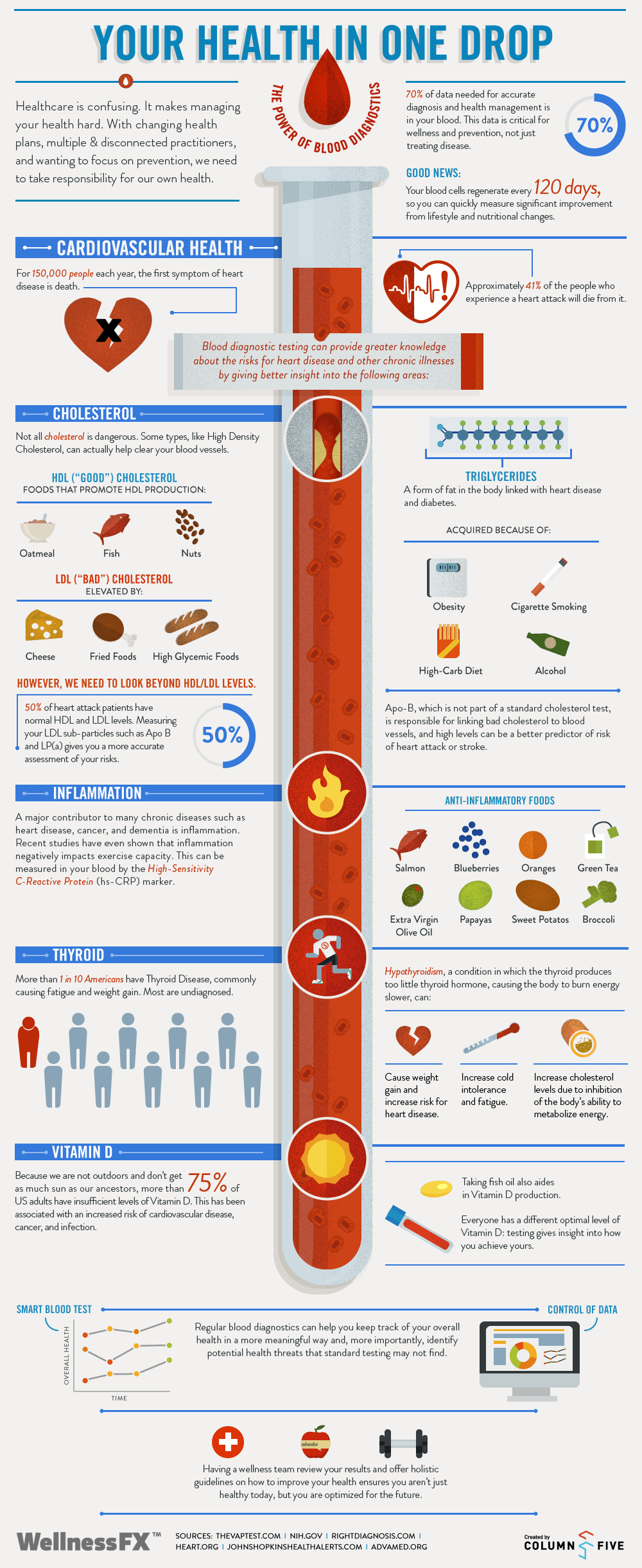Higher HDL (“good” cholesterol) levels seem to be linked to reduced Alzheimer’s risk in older individuals. High total cholesterol and triglycerides (dyslipidemia) and late-onset Alzheimer’s disease are highly prevalent in western societies. Approximately 1% of individuals age 65 to 69 years develop Alzheimer’s, with the prevalence increasing to over 60% for individuals older than 95 years, and over 50% U.S. of adults has high cholesterol.
1,130 older individuals were evaluated for the association of levels of blood lipids (fat) with Alzheimer’s. The research included individuals aged 65 or older without any dementia or cognitive impairment history. Higher levels of HDL cholesterol were defined as 55 milligrams per deciliter or more.
Data were collected from neuropsychological, neurological and medical evaluations to determine this association. The researchers also assigned a diagnosis of “probable” Alzheimer’s when onset of dementia couldn’t be explained by any other disorder. A diagnosis of “possible” Alzheimer’s was made when the most likely cause of dementia was Alzheimer’s but there were other disorders which could play a role in the dementia, like Parkinson disease or stroke.[1]
There were 101 new Alzheimer’s cases during the course of follow-up, of which 12 were possible and 89 were probable. The average age of individuals at the onset of possible and probable Alzheimer’s was 83 years, and in comparison to individuals who weren’t diagnosed with incident Alzheimer’s, individuals who did develop dementia were more often Hispanic and had a higher prevalence of diabetes at the beginning of the study. Higher HDL cholesterol plasma levels were linked to a decreased risk of both possible and probable Alzheimer’s, even after adjustments made for lipid-lowering treatments and vascular risk factors. Even though higher plasma total cholesterol, LDL cholesterol and non-HDL cholesterol levels also were linked to decreased risks of possible and probable Alzheimer’s, these associations became non-significant after adjustments made for lipid-lowering treatments and vascular risk factors.
Higher levels of HDL cholesterol were linked to a decreased risk of both possible and probable Alzheimer’s.

Image Source – wellnessfx
Save
